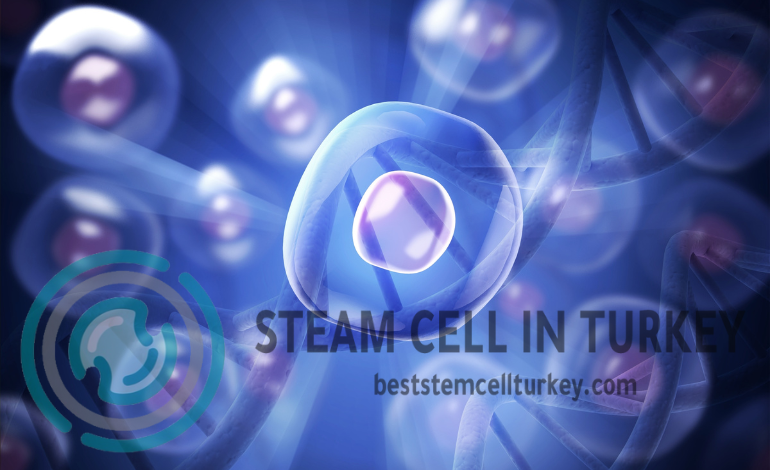Amyotrophic lateral sclerosis (ALS), also known as Lou Gehrig’s disease, is a progressive neurodegenerative disorder that affects the nerve cells responsible for muscle movement.
Patients gradually lose the ability to control voluntary muscles, leading to difficulties in walking, speaking, swallowing, and eventually breathing. While conventional treatments aim to slow progression and manage symptoms, stem cell therapy in Turkey is offering new possibilities for improving quality of life and extending functionality. Understanding ALS ALS occurs when motor neurons in the brain and spinal cord degenerate and die, preventing communication between the nervous system and muscles.
The exact cause remains unclear, though genetic and environmental factors may play a role. Currently, there is no cure for ALS, and available treatments are limited to symptom management and supportive care. How Stem Cell Therapy Works for ALS Stem cells have the unique potential to regenerate and repair damaged tissue.
In ALS patients, stem cell therapy aims to protect existing motor neurons, reduce inflammation, and stimulate the formation of new neural connections. This approach may help slow disease progression, improve muscle strength, and preserve mobility for longer periods. Why Turkey for ALS Treatment Turkey has become a leader in regenerative medicine, with state-of-the-art clinics and internationally trained specialists.
Advanced facilities, strict GMP compliance, and personalized treatment protocols make Turkey a reliable destination for patients seeking stem cell therapy for ALS. Treatment Process Patients first undergo a detailed evaluation to determine their stage of ALS and eligibility for stem cell therapy. Stem cells are collected—often from bone marrow or umbilical cord sources—processed in certified laboratories, and administered intravenously or through targeted injections near the spinal cord.
Rehabilitation programs typically complement the therapy to maximize potential benefits. Expected Benefits Reported improvements include better muscle control, enhanced breathing function, reduced fatigue, and slower progression of symptoms. While results vary, many patients treated in Turkey have experienced improved daily functioning and a higher quality of life.
Risks and Considerations Though generally safe when performed in accredited facilities, stem cell therapy for ALS is still considered an experimental approach. Outcomes are not guaranteed, and results may differ depending on the individual’s condition and response to treatment. Conclusion Stem cell therapy in Turkey offers ALS patients access to advanced, innovative care that goes beyond traditional symptom management.
By targeting the underlying mechanisms of the disease, this therapy provides hope for slowing its progression and improving quality of life.

